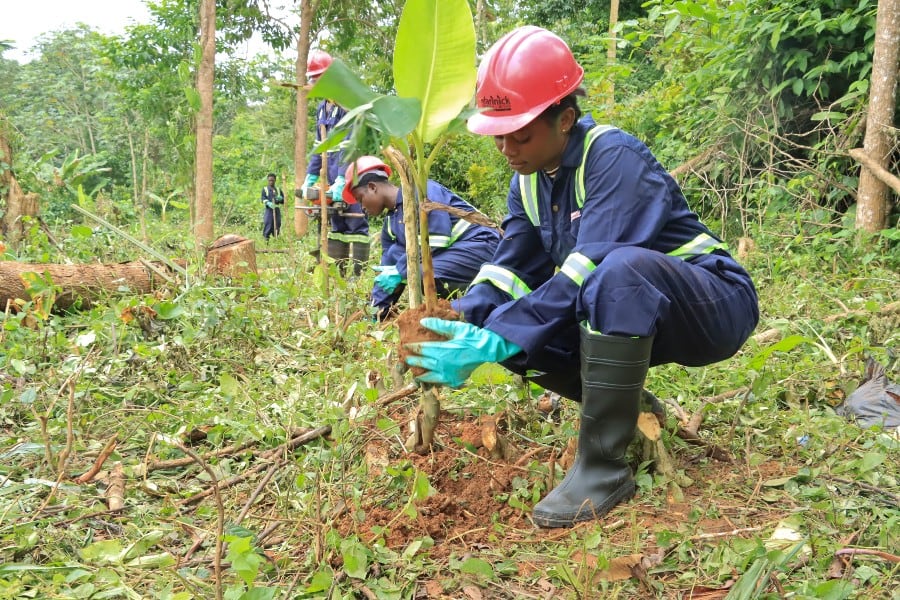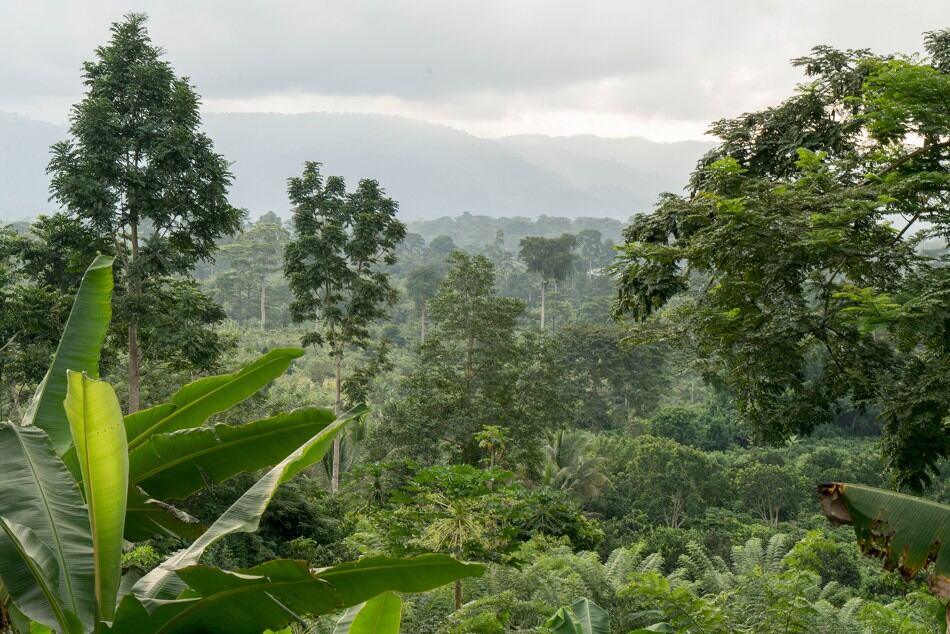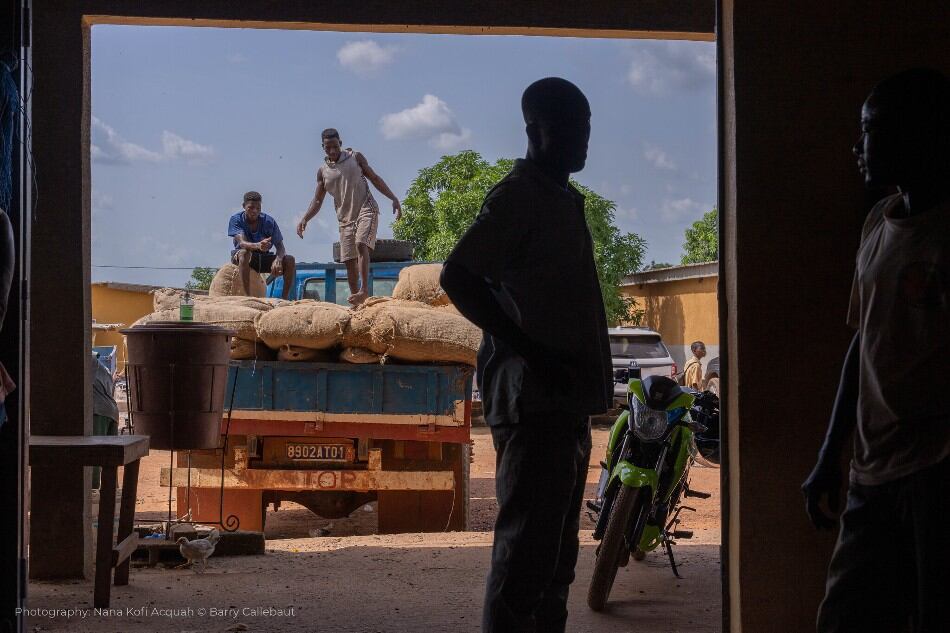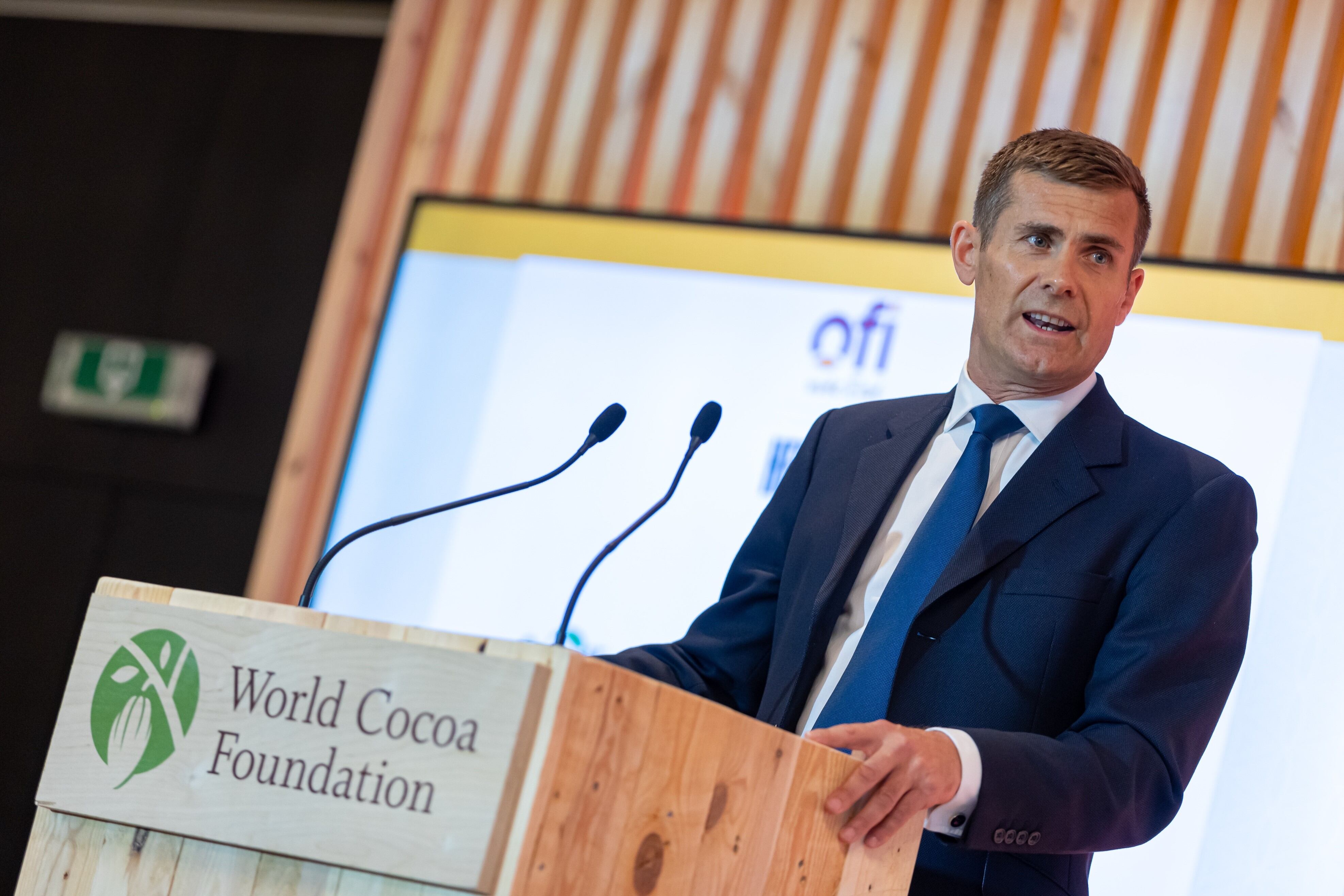“We use a lot of technology, artificial intelligence, satellite sensors, and blockchain, and we’re really focused on applying technology to help smallholder farmers worldwide,” Trask tells ConfectioneryNews in our latest podcast interview.
Dimitra Incorporated is a global Agtech company with a mission to help smallholder farmers worldwide. It works with governments, government agencies, NGOs, and for-profit organizations, and its platform is built on blockchain technology, incorporating mobile technology, machine learning, IoT devices, satellite and drone imagery, genomics, and advanced farming research.
It's an important topic, and we've got to keep the flow of chocolate going, but make an impact environmentally around the world
Dimitra's data-driven approach helps farmers increase yields, reduce expenses, and mitigate risk. Still, it believes that every smallholder farmer, regardless of economic standing, ‘should benefit from simple, beautiful, and useful technology.’
Trask says the platform integrates advanced technologies, including artificial intelligence, blockchain, satellite, drones, and IoT sensors, that provide farmers with actionable data that fundamentally improves their operations across several financial and sustainability metrics.
Its platform could become invaluable in helping farmers and governments from cocoa-origin-growing countries make their cocoa beans fully traceable and compliant with the European Union Deforestation Regulations (EUDR) that will become law at the end of 2024.
“We have built five applications, and those individual applications serve different areas of the agriculture industry,” Trask says. “We start with agronomy and work on track and trace to see the provenance of our goods and ensure that we comply with different regulations. And then we work in financing activities until finally; we have regulatory approval around deforestation and other regulations related to exporting goods.”
Trask explains that Dimitra’s platform can help the cocoa sector specifically by first identifying the irrefutable source of the cocoa, helping the farmer to create a geofence around their farm so they can determine its boundaries and use the application every time they pick cocoa so they can report it back to their local collection point or buying station.
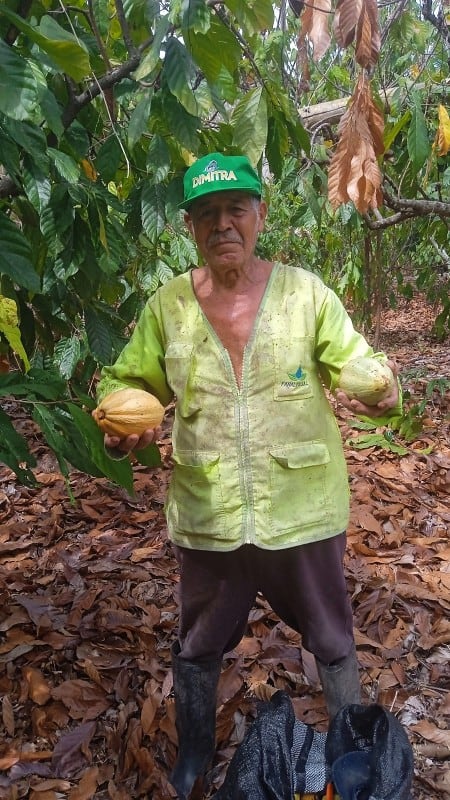
Dimitra sells its software to cooperatives, governments, and NGOs and then offers training to the farmers. It also provides boots on the ground to ensure the data is correct before uploading it onto the platform.
The technology is sophisticated, Trask explains. “We take that geofence and analyse the trees and understand what trees existed in 2020, which is the cut off for [EU] deforestation regulations, and what trees exist today, and identify any differences between those. So we can see if a tree was cut down if a new tree grew - and there are also regulations in the EU around canopy cover and density of the forest.”
Trask says the technology has a predictive algorithm that says if a tree is under 5 meters today, it may not be involved in the deforestation regulations, “but if it had the potential to be more than 5 meters, we have to consider it a full grown tree, and so we've built a lot of that technology over the past few years to help farmers adapt to our satellite system to pick up all of the rules that EUDR is putting on a farmer.”
The outcome, says Trask, is a blockchain certificate informing the farmer they have not been involved in deforestation.
Trask firmly believes that the industry has to work together to solve its sustainability problems, and it should not be the responsibility of the farmers, many of whom are struggling to earn a living income.
He also issues a warning to the cocoa sector, which has been complacent in the past regarding transparency. “It's an important topic, and we've got to keep the flow of chocolate going, but make an impact environmentally around the world, and using this platform is one of the core steps to that.
“The deadline is still a year away, but the pick-up in demand for us as a software company is going through the roof. Everybody's signing 2025 contracts now. Those 2025 contracts need to be 100% compliant, so there's a bit of urgency coming to some of these organisations to get the processes in place.”
- Listen to the interview with Jon Trask in full in our latest podcast.

